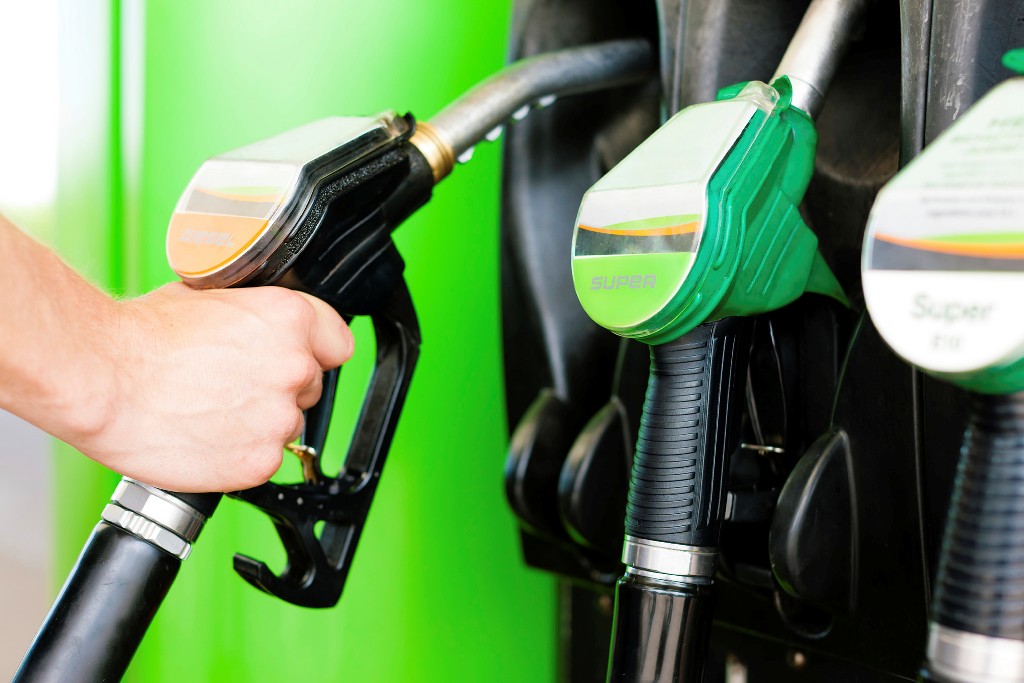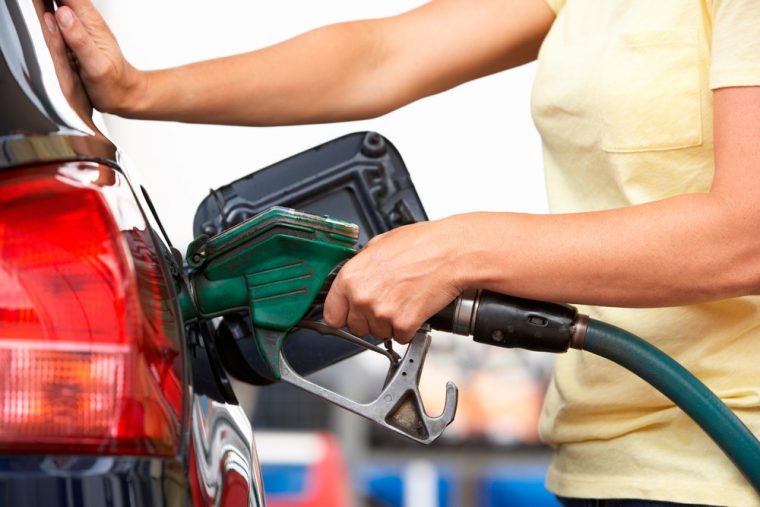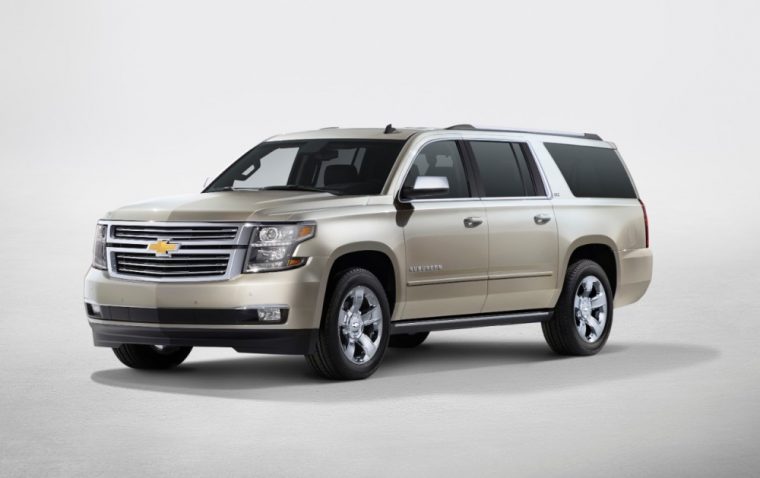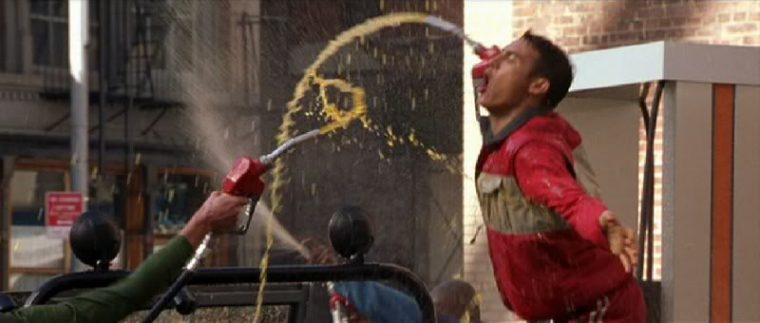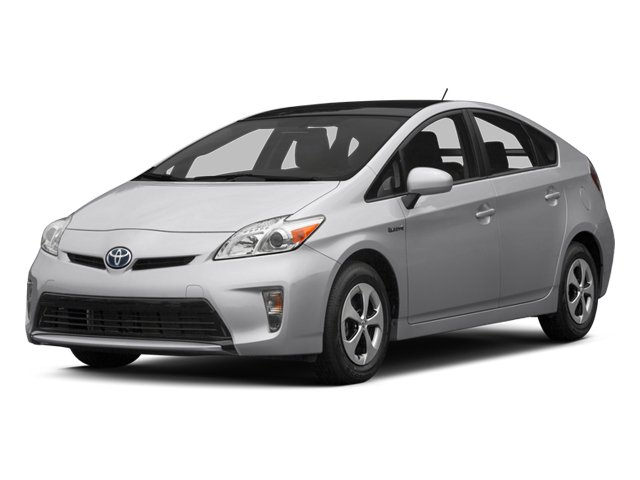In the US, it is no secret that our roads and bridges are in trouble—due to age and the incredible expense in replacing it all, the updating of our highway system has become a looming boogeyman.
So, the question becomes, how can the government get the money to get it done?
We could borrow it from other countries, but as sky-high as our debt is, does it really make sense to drive ourselves deeper? I think that the answer, for many people, is no.
So if that isn’t an option, then unfortunately, that means that the government will need to turn to a dirty word: taxes. More specifically, I am thinking about the federal gasoline tax (currently standing at 18.4 cents per gallon for gasoline and 24.4 cents per gallon for diesel), which I have seen suggested as a revenue source by people, generally in comment sections, as a good target for pumping that cash into the US Department of Transportation bank account.
Pictured: Helping fix the roads?
Photo: © General Motors
So, what would happen if the federal government raised the gasoline tax?
Of course, before I begin, I admit that I am merely speculating. It is possible that I am missing many effects on these issues, so I wouldn’t recommend investing any money on my say-so.
Now, obviously, raising the gas tax would mean a lot more money going to the government for transportation. As the Institute on Taxation and Economic Policy (ITEP) pointed out in a 2013 report, the gas tax is the most important funding source for the government’s transportation budget.
However, this would be offset by a number of things.
Not the least being the falling popularity of gas fights
By now, it’s pretty obvious that higher gas prices means people drive less, go longer between fill-ups, and buy more efficient cars. In addition, whether or not people go for tiny econo-boxes, cars in general are being forced to get more fuel-efficient, making any increase in the gas tax (which already fails to meet needs by billions of dollars) less effective over time—in the 2013 report, the ITEP found that the gas tax’s shortfall to meet transportation needs was 22% due to increasing efficiency already.
Somewhere, a DOT employee has this photo on their wall with darts sticking out of it
With fewer people driving, oil supplies would suddenly be more of a surplus, which would drive prices down. Potentially, oil producers would discuss production freezes such as the one made by OPEC and Russia, but production freezes such as this are a hotly-debated subject, and might not come to fruition for a long time.
“And, in conclusion, I hate you guys, neener neener”
Image: United Nations Photo
On the environmental side, though, emissions would decrease as people drove less or chose more fuel-efficient vehicles.
However, if the tax increase was not very large, it is entirely possible that not too much would happen at all, with a small bump in gas prices being offset by the effects above, or even changes in state gasoline taxes.
News Sources: University of Michigan, Institute on Taxation and Economic Policy, API.org, US Energy Information Administration
The News Wheel is a digital auto magazine providing readers with a fresh perspective on the latest car news. We’re located in the heart of America (Dayton, Ohio) and our goal is to deliver an entertaining and informative perspective on what’s trending in the automotive world. See more articles from The News Wheel.

